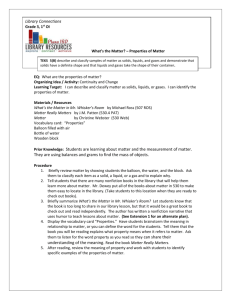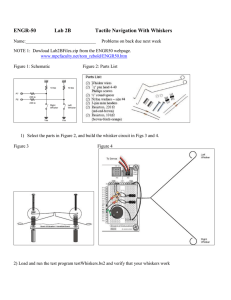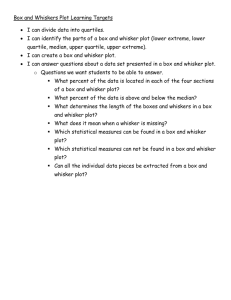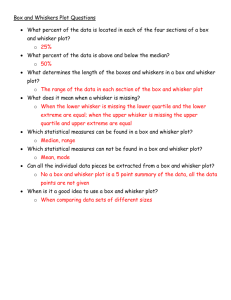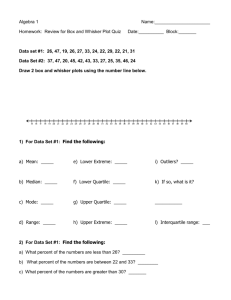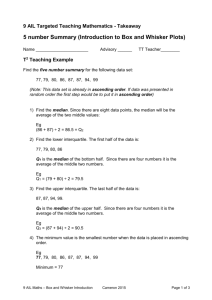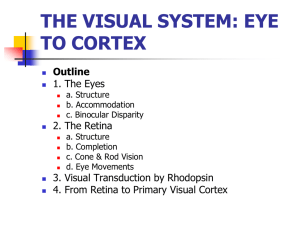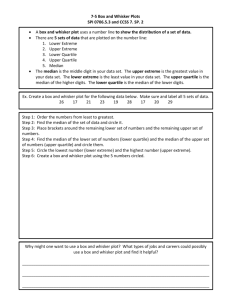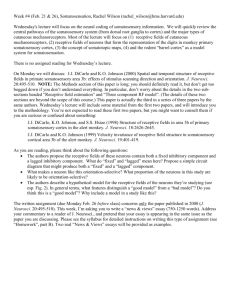Supplementary Legend for Figure 3 - Word file
advertisement
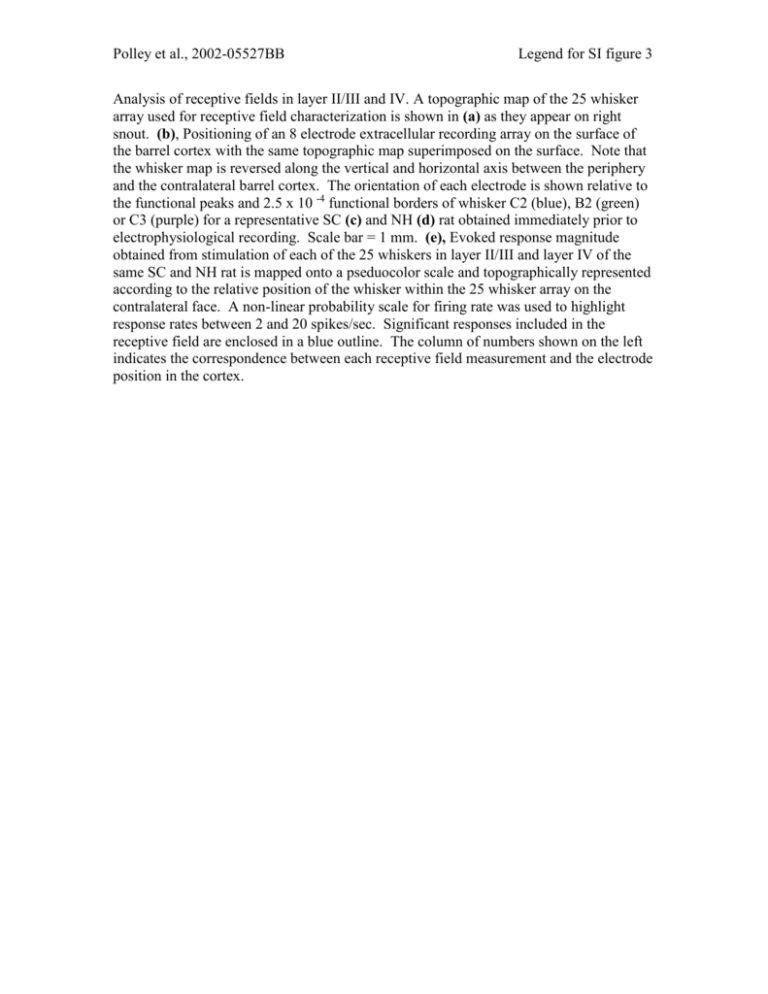
Polley et al., 2002-05527BB Legend for SI figure 3 Analysis of receptive fields in layer II/III and IV. A topographic map of the 25 whisker array used for receptive field characterization is shown in (a) as they appear on right snout. (b), Positioning of an 8 electrode extracellular recording array on the surface of the barrel cortex with the same topographic map superimposed on the surface. Note that the whisker map is reversed along the vertical and horizontal axis between the periphery and the contralateral barrel cortex. The orientation of each electrode is shown relative to the functional peaks and 2.5 x 10 -4 functional borders of whisker C2 (blue), B2 (green) or C3 (purple) for a representative SC (c) and NH (d) rat obtained immediately prior to electrophysiological recording. Scale bar = 1 mm. (e), Evoked response magnitude obtained from stimulation of each of the 25 whiskers in layer II/III and layer IV of the same SC and NH rat is mapped onto a pseduocolor scale and topographically represented according to the relative position of the whisker within the 25 whisker array on the contralateral face. A non-linear probability scale for firing rate was used to highlight response rates between 2 and 20 spikes/sec. Significant responses included in the receptive field are enclosed in a blue outline. The column of numbers shown on the left indicates the correspondence between each receptive field measurement and the electrode position in the cortex.
